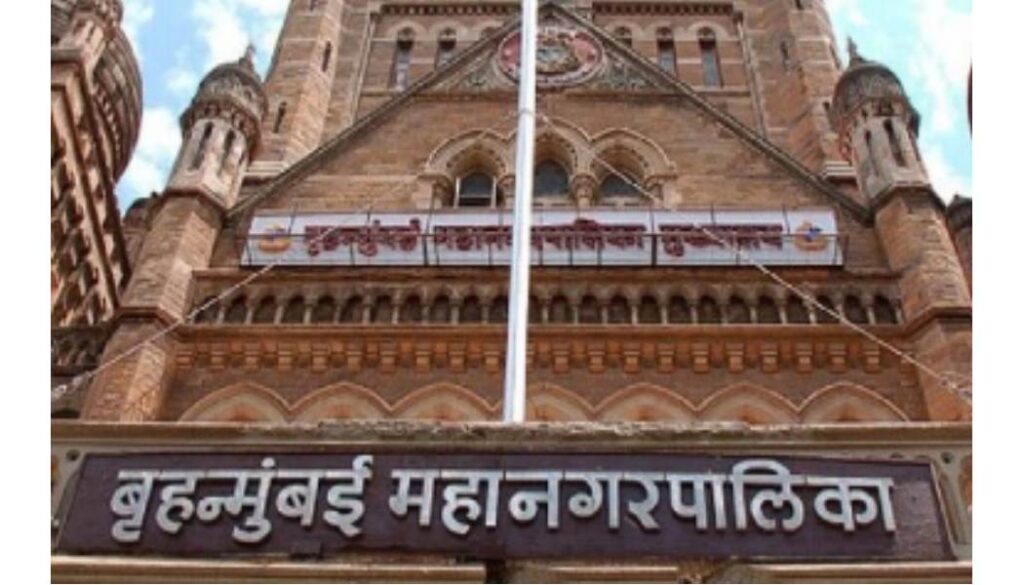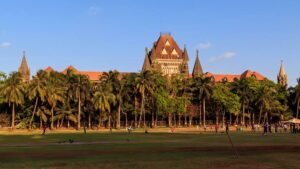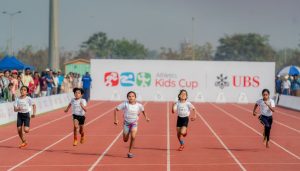BMC to Launch Comprehensive Study on Waste Generation and Disposal in Mumbai

Mumbai, 29th November 2024: The BrihanMumbai Municipal Corporation (BMC) is set to initiate a scientific study to address the growing waste management challenges in the city. The BMC will soon appoint an experienced organization to conduct the study, which will provide a detailed analysis of various waste-related issues impacting Mumbai.
The study will examine the types and quantities of waste generated daily, including seasonal fluctuations, the impact of festivals, and the contributions from slums and high-rise buildings. It will also focus on specific categories of waste, such as hazardous materials, sanitary napkins, and other waste types, with the goal of determining the most efficient methods for their disposal. Additionally, the study aims to offer actionable solutions for long-term waste management and disposal.
Currently, Mumbai generates approximately 6,500 metric tons of waste every day. Despite several initiatives and campaigns aimed at improving waste management, challenges persist. Municipal landfills are nearing capacity, and court orders mandate the closure of these landfills in an environmentally responsible manner. In response, the BMC is working on a comprehensive, long-term waste management strategy that focuses on reducing the volume of waste sent to landfills, with the ultimate aim of achieving zero waste.
In 2017, the city’s daily waste generation peaked at 9,400 metric tons. While the figure has since been reduced, there remains a pressing need for further reductions and improvements to the existing waste management system. The appointed organization will analyze current municipal waste statistics, review the waste classification system, and evaluate the processes for collecting, transporting, and disposing of waste.
The study will also assess the strengths and weaknesses of BMC’s current waste management framework, explore available technologies, and suggest future technological solutions that could enhance waste management capabilities. Surveys, interviews, and discussions with key stakeholders in high-waste generation areas will help gather data for the study. The research will also project how waste volumes are expected to grow in the coming decades, particularly in relation to population growth.
Key outcomes of the study will include detailed statistics on per capita waste generation in various municipal sectors, with particular attention to the role of economic and social factors in waste production. The study will also analyze waste generation across Mumbai’s seven administrative zones to identify areas with higher waste output.
Mumbai’s waste is predominantly organic, with 73 percent of the total waste being wet waste, primarily food scraps. The remaining waste comprises paper, plastic, metal, cloth, wood, sand, soil, and stone.
The BMC has called for applications from qualified organizations to conduct this essential study, with an organization expected to be appointed soon. The findings from this study are anticipated to play a critical role in shaping the city’s waste management policies and strategies for the next two decades, helping ensure a cleaner and more sustainable future for Mumbai.




